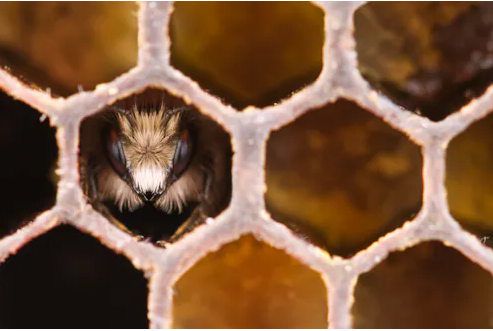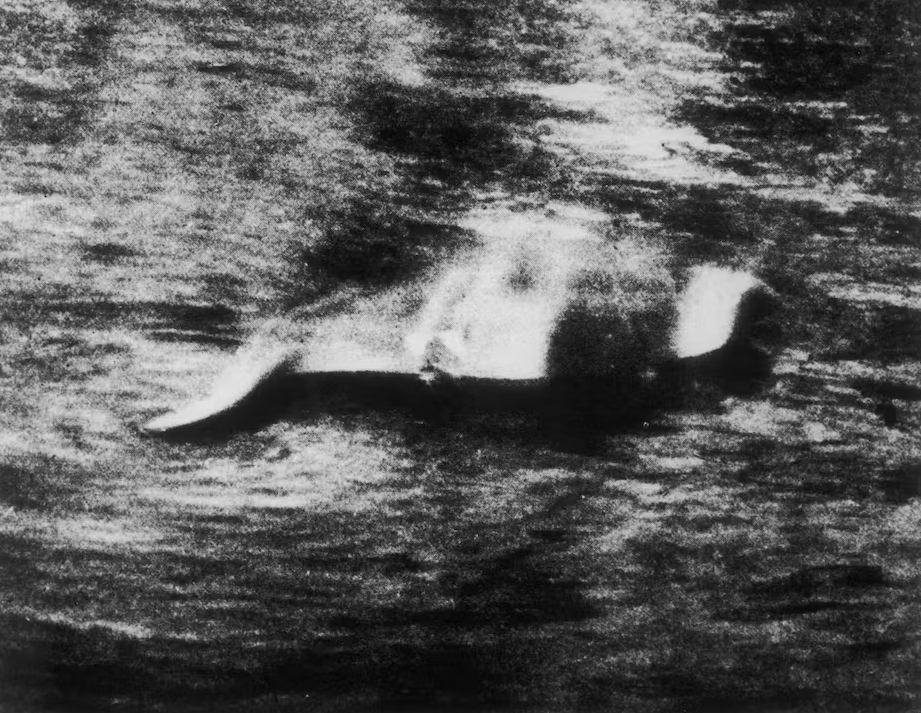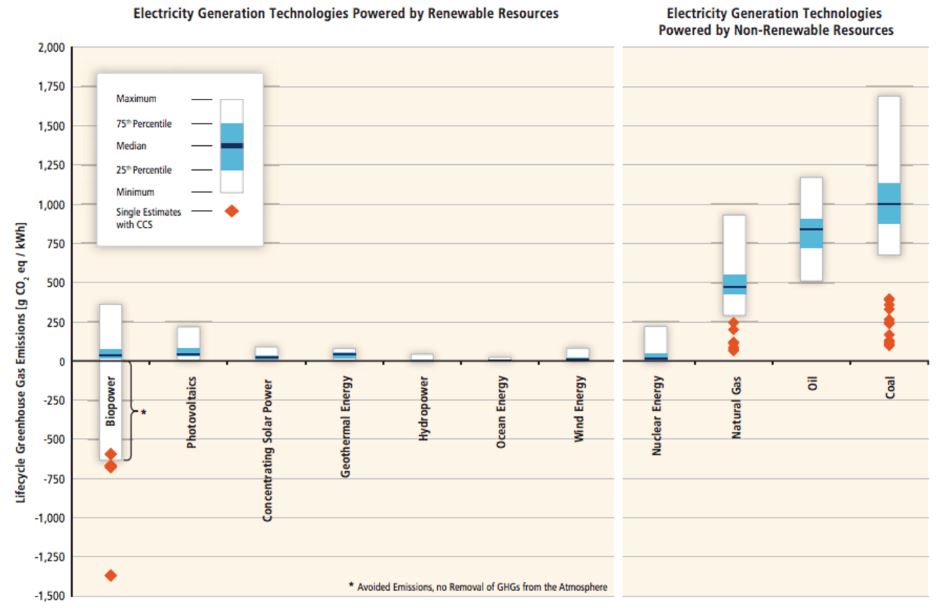 Correlation: Sitting Is Bad For Your Health And Exercise Won't Help
Correlation: Sitting Is Bad For Your Health And Exercise Won't HelpAdvances in technology in recent decades have obviated the need and desire for humans to move....
 It's About Calories, So Kimchi Is Not A Weight Loss Superfood - But You May Eat Less
It's About Calories, So Kimchi Is Not A Weight Loss Superfood - But You May Eat LessFermented foods have become popular in recent years, partly due to their perceived health benefits....
 Beekeepers Are Wrong About Overwinter Hive Behavior
Beekeepers Are Wrong About Overwinter Hive BehaviorHoneybees in man-made hives may have been suffering the cold unnecessarily for over a century because...
 Why Does Anyone Still Search For The Loch Ness Monster?
Why Does Anyone Still Search For The Loch Ness Monster?Hugh Gray was taking his usual post-church walk around Loch Ness in Scotland on a November Sunday...




 Historian
Historian 
 Vancouver-based architect
Vancouver-based architect 

 Does the world really need men?
Does the world really need men? 
 The benefits of music education are widely reported. Playing an instrument has been shown to have
The benefits of music education are widely reported. Playing an instrument has been shown to have 
 The drive to improve performance means elite sport is inundated with data from wearable technologies such as GPS, computer vision and match statistics.
The drive to improve performance means elite sport is inundated with data from wearable technologies such as GPS, computer vision and match statistics.